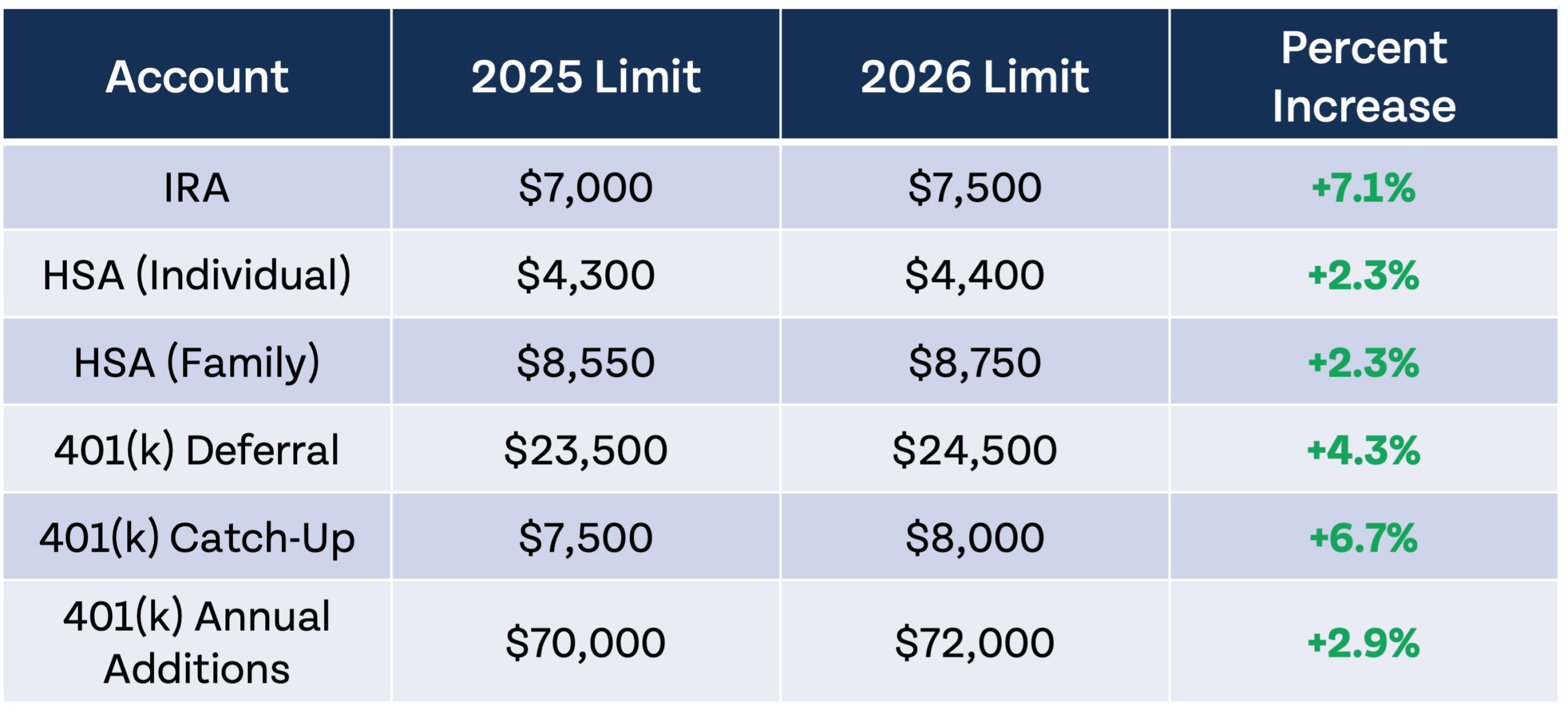Social Security is a vital lifeline for millions of retired Americans, but it is also on shaky ground. Will it be there when you retire?
Social Security is a topic that gets people fired up. When asking what someone thinks of Social Security, you might hear that it’s a pyramid scheme, America’s safety net, or that it’s going broke. Why is Social Security viewed with such skepticism?
Even though Social Security has so many detractors, it is a vital lifeline for millions of retired Americans without pensions or adequate retirement savings of their own. A significant portion of the retired population depends almost entirely on Social Security for income; about half of single recipients and 20% of married retirees rely on Social Security for 90% or more of their income. A majority of retired Americans receive more than 50% or more of their income from Social Security. The reliance on Social Security is not due to some perceived reliability and stability of the system; 78% of future retirees believe that Social Security benefits will cease to exist within their lifetime.
It’s not difficult to understand why Americans are so dependent on the system. The average savings rate in the U.S. hovers around 7%, and that includes all savings, not just money saved for retirement. By the time they reach their 60s, the median American will have accumulated $172,000 in retirement savings. That sounds significant, but it only amounts to $6,880 per year in retirement income with a 4% withdrawal rate (and will be even less after taxes). Not many would be able to survive on $6,880 per year, hence the reliance on Social Security for retirement income.
While the majority of Americans will inevitably enter retirement with far too little saved, they also believe that Social Security will no longer exist when they retire. This creates a dilemma that deserves a deeper dive. We should build an understanding of where Social Security is financially, review past changes, and then determine what we can expect from Social Security going forward and plan accordingly.
Is Social Security running out of money?
The Social Security Trust Fund is made up of IOUs (U.S. Treasury securities) and is currently projected to be depleted by 2035. Social Security is “going broke” because it is paying out more in benefits than it is taking in from taxing current workers. If no changes to Social Security are implemented, benefits for all retirees could be cut by about 25% starting in 2035. To put it plainly, Social Security is going broke, but even when it does, retirees will still receive benefits as long as there are workers paying Social Security tax. If history is any indicator, though, Social Security may undergo significant reform before it “goes broke.”
Even if you do your own retirement saving, Social Security can still impact your finances.
2020 was projected to be the first year since 1982 that Social Security paid out more in benefits than it took in. The last time Social Security paid out more than it took in, Congress passed legislation that increased the retirement age and made a portion of Social Security benefits taxable. The legislation signed into law by President Reagan in 1983 passed with bipartisan support; today’s deeply divided political climate makes similar compromises much more difficult.
Legislation has been proposed by both parties at various times over the last several decades. One of the more intriguing proposals was made by former President George W. Bush, which aimed to partially privatize the system and allow personal Social Security accounts. Americans who opted in would have the option to invest a portion in the market. Investment options may have looked similar to the funds in the Thrift Savings Plan (defined contribution plan for federal employees). There are only a handful of funds available, but their returns have been comparable to various index funds and target date funds available elsewhere.
That proposal was made back in 2005, when George W. Bush outlined the privatization of Social Security in his State of the Union address. Now that we have had over fifteen years of data, we can look back to see how that proposal would have performed. Younger workers may be shocked to learn that since that proposal, the S&P 500 has returned 9.6% annually. The next time you review your Social Security estimates at SSA.gov, take a moment and consider what those forced contributions could have become with a nearly 10% annual return.
Some politicians have favored increasing payroll taxes for all Americans, or simply lifting the cap on wages subject to taxation (which is currently $142,800). Doing away with the wage cap would force high income earners to pay substantially more in tax without receiving a proportional increase in benefits; those under the threshold would pay the same, and may receive a larger benefit in retirement. Another proposal, known as means testing, would reduce the amount of benefits received by those with higher incomes.
Lifting the wage cap and means testing are different paths to accomplish the same goal; those who make more money would pay more into the system but receive less in benefits. These proposals would likely have economic ripple effects beyond the health and viability of Social Security. Others are more likely to favor raising the Social Security retirement age instead of raising taxes. When President Roosevelt signed the original bill into law, back in 1935, the retirement age was 65; however, the average life expectancy of Americans was only 61. Many paid into the system their entire working lives without ever receiving a benefit. In 1983, when a law was passed to gradually raise the Social Security retirement age to 67, Americans were living to age 74. Today, Americans are living to be nearly 80, on average. By 2040, the U.S. will have 80 million Americans over age 65, including 15 million over 85.
We are living longer, but that also means we will need income to live off of for a longer period of time. Social Security, with all of its uncertainty, may not be the best solution. While chances are you will receive a Social Security check in retirement in some form, we don’t know how old you will be when you receive it, how much you will receive, or what portion will be subject to taxation. Even if you do receive your “full” benefit, it is certainly not enough to provide you the best version of your financial independence dreams (and barely enough to survive on).
Why you shouldn’t depend on Social Security.
Social Security was designed as a safety net to keep the elderly and disabled out of poverty. It was not meant to provide for a fruitful, or even adequate, retirement. Many Americans are reliant on Social Security to survive – nearly half of all single recipients receive 90% or more of their income from Social Security – and the average monthly benefit is just $1,514 per month. A little over $1,500 per month may be enough to survive, but it is not enough to travel, dine out, or give gifts to children and grandchildren. It would be a shame to spend 40 years or more in the workforce and not have an enjoyable retirement to look forward to. Fortunately, the financial success of your retirement is largely in your hands.
For younger generations, being responsible for your own retirement savings may seem like a no-brainer, but that hasn’t always been the case. Personal retirement accounts, such as IRAs and 401(k)s, did not become popular until the 1980s when companies began phasing out pensions and moving towards defined contribution plans for employees. With this shift, employers were no longer responsible for providing a certain benefit, which was very costly, and employees could choose the investments in their account and maintain more control over the risk and return of their savings.
Pensions are now rare, but there has never been a better time to save for your own retirement. 70% of companies offer Roth options for their 401(k) plans, and IRAs from large providers offer cheap or even “free” investing (with zero expense funds) with a large selection of investments to choose from. Many companies have no minimum investment to open an account, so there is no excuse to delay saving for your own retirement. If you aren’t already, work towards saving 25% or more of your gross income for retirement as soon as possible.
Why should I save 25%, or anything, for retirement?
The Social Security tax rate is currently 6.2% for the employer and 6.2% for the employee, or 12.4% overall. If you start saving at 20, making $50,000 per year from age 20 to 65 (never getting a raise) and save the same 12.4% for your own retirement, you will have over $2.7 million by age 65 (assuming an 8% annual rate of return). Starting young and saving a reasonable amount will lead to a life of abundance.
We don’t think you should stop at 12.4%, though. By the time you are in your 30s, you should be working towards saving 25% of your gross income for retirement. If you save a modest 12.4% in your 20s, then save 25% of your $50,000 per year income starting at age 30, you will accumulate over $3.9 million by age 65 (assuming an 8% annual rate of return). You can make your dollars work much harder than the government can. The future of Social Security is uncertain and out of your control, but a life of financial abundance has never been more attainable.















